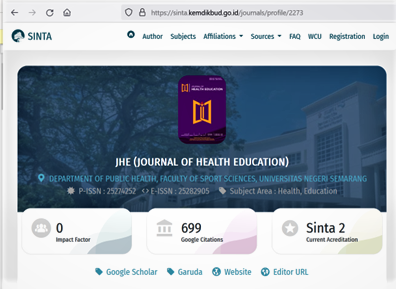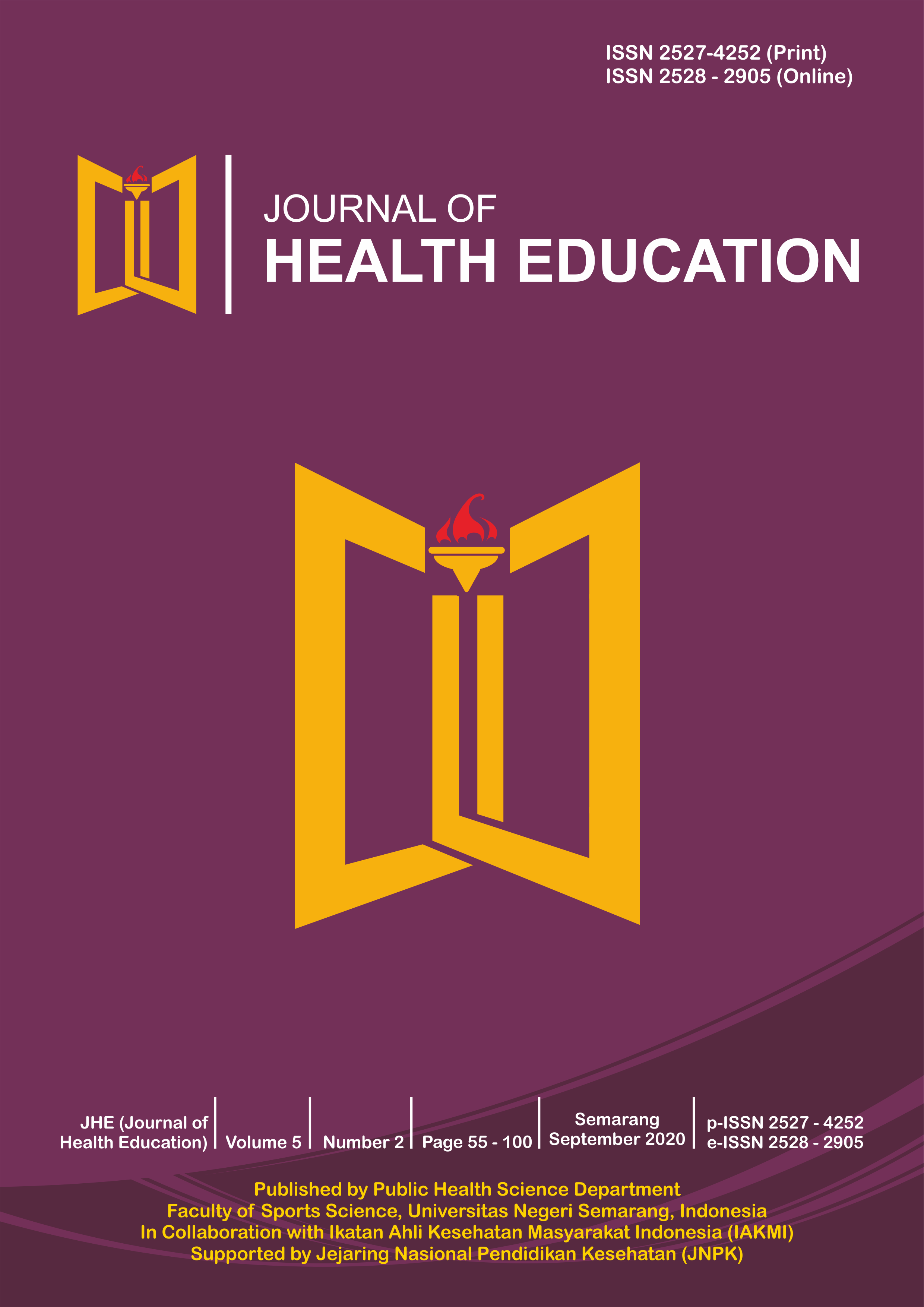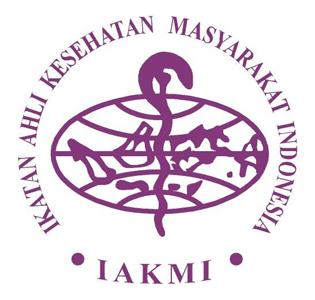Peer Support Group as a Model for Improving Behavior of Hypertension Risk and Complication Control
Abstract
Background: Based on Basic Health Research (Riset Kesehatan Dasar) 2013 data, the prevalence of hypertension in Indonesia was high (26.5%). It means that 1 in 4 people suffer from hypertension. Based on a preliminary study conducted by researchers in November 2017 at the Primary Healthcare Center (PHC) of Kalongan, it was found that 67% of hypertensive patients did not recognize risk factors, signs and symptoms of hypertension. Results of examinations and report at the PHC and Non-communicable Disease (NCD) Surveillance (Posbindu) in the working area of ​​ PHC of Kalongan in 2017, that Kawengen village was a village with the highest number of hypertension cases from 6 villages in their working area. Peer Support Group is a form of empowerment innovation that can be applied to.
Methods: This study was pre-experimental with one group pretest-posttest design. The study population was all hypertensive patients in Kawengen village. Sample was determined purposively, obtained by 61 people. The research instrument was the pretest and posttest questionnaire. Data analysis was performed by McNemar test.
Results: Peer Support Group model can improve knowledge (p value 0.031), behavior (p value 0.008), risk and complication control practices (p value 0.012). Risk and complication control behavior is an effort that can be implemented to reduce hypertension cases in the community.
Conclusion: Peer Support Group is one of community empowerment models, especially for patients which can increase knowledge, change behavior, and improve risk and complication control practices among hypertensive patients as participant of Peer Support Group.






